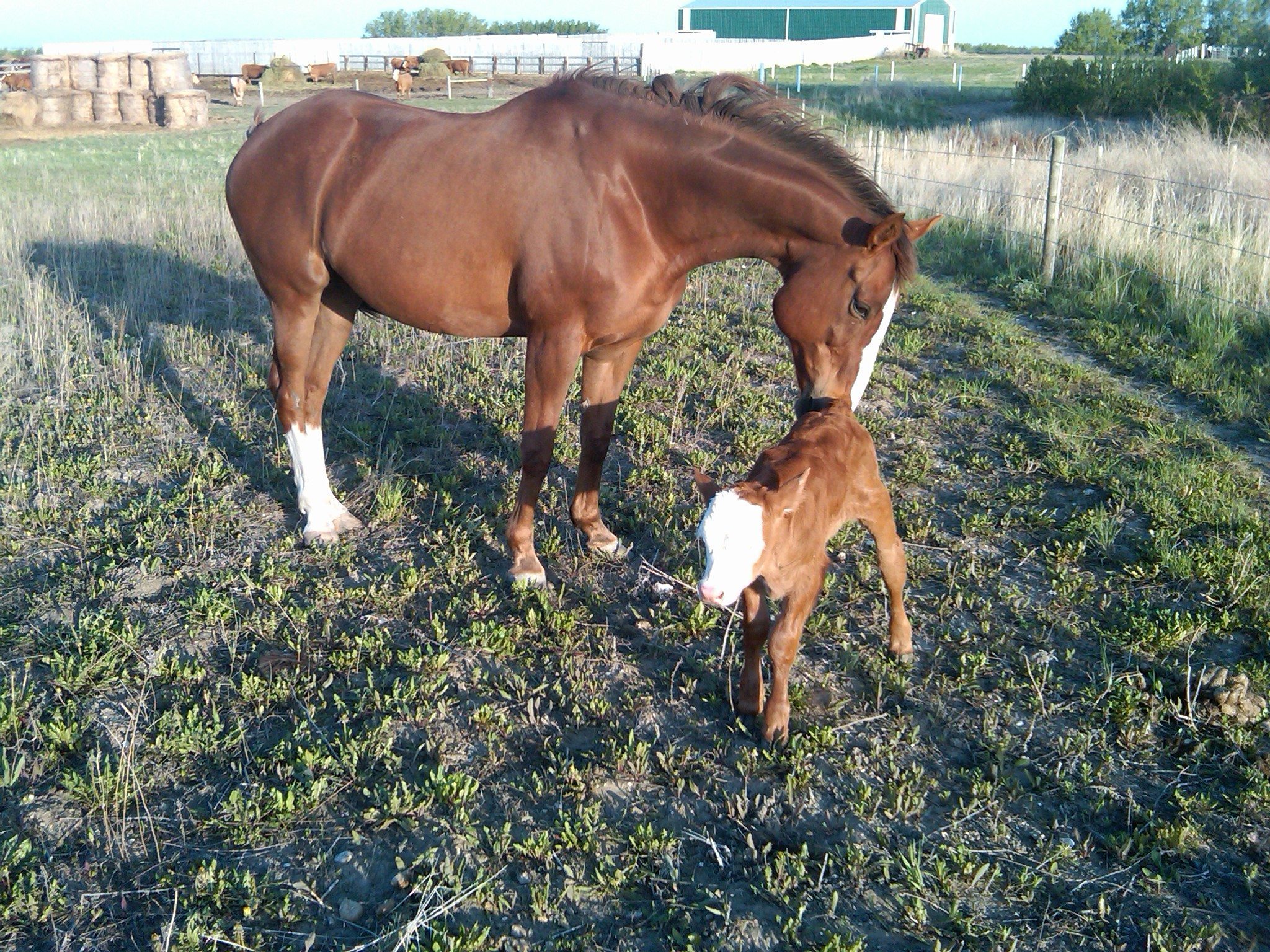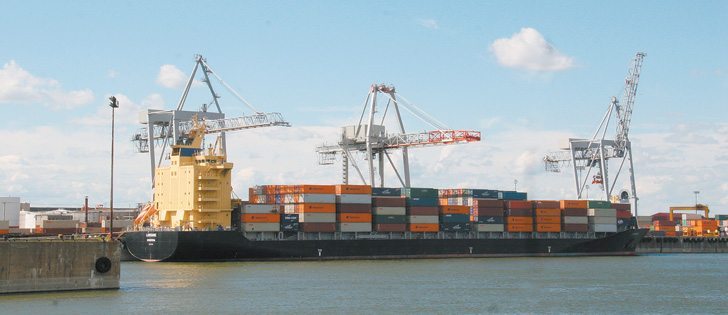Society’s expectation that landowners act as stewards of the environment and the species within it is justifiable. Who better to look after the natural world than those who live upon it and make their livelihoods from it?
But it is not justifiable to expect landowners to cover all the costs of their stewardship if they can derive no compensatory return.
A snapshot of this exists in southwestern Alberta, where grizzly bear numbers are rising as a result of goal-oriented regulation. The provincial government, acting in society’s interests to protect an important species, designated the bears as threatened in 2007. That designation included measures to protect existing populations and if possible, increase them.
Read Also

Farmer ownership cannot be seen as a guarantee for success
It’s a powerful movement when people band together to form co-ops and credit unions, but member ownership is no guarantee of success.
Efforts have been successful. Grizzly bear numbers are rising. Also rising are incidents in which bears destroy property on the farms and ranches within their expanding range.
The losses can be substantial in terms of feed and livestock loss. There is no compensation for the former and inadequate compensation for the latter, even in the rare cases where ranchers can prove that grizzlies killed livestock.
Those not directly affected may shrug and make the facile observation that the grizzlies were there first and occasional losses to ranchers are simply the cost of doing business in places that bears choose to frequent.
But it is unfair to expect these ranchers to foot the cost of protecting themselves, their families and their properties from the animals society wants protected.
Indeed, the ranchers themselves recognize the importance of these large carnivores to the greater ecosystem and food chain. They appear willing to go the extra mile to prevent dangerous human-bear contact that almost inevitably leads to the death of said bear.
And that surely gives them social licence to request more stable funding for projects that protect human life and property while also protecting bear life and habitat. After all, their costs will increase as bear numbers increase.
Ranchers in southwestern Alberta have successfully partnered with various government and environmental agencies to get assistance with some expenses, but there is no guarantee of future funding.
Farmers and ranchers in other parts of the Prairies face similar circumstances. Their land is home to wildlife that society values. However, elk and deer frequently damage crops and stored feed. Wolves and coyotes prey on calves, lambs and other domestic stock. Disease can spread from wild to domestic stock.
The cost of doing business can be high when producers are expected to look after their own property and that of the natural world, while footing the entire cost for both.
As society in general places more emphasis on environmental and species protection, so must it realize its own responsibility in stewardship. When it does, the principles embraced in Alternative Land Use Services (ALUS) make a lot of sense.
Among them are cost sharing by governments and landowners as well as fair farmer and rancher compensation for delivery and maintenance of environmental services.
“Farmers and ranchers are in the best position to deliver environmental goods and services on their land,” reads one ALUS principle. “ALUS allows farmers to lead the environmental agenda and develop workable solutions in co-operation with their communities, farm organizations, governments, non-government agencies and the Canadian public.”
Gone are the days when a troublesome grizzly bear or hungry herd of elk were reflexively dispatched with a rancher’s rifle. Good riddance to those attitudes.
Now society needs to think about the value of wildlife and its responsibility in helping those willing to be stewards.














